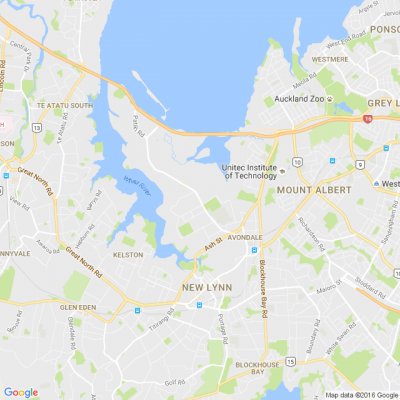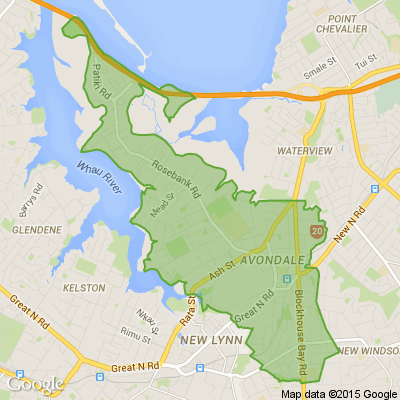Small Business Cash Flow Scheme (SBCS) deadline extended and other updates
The following is the extract received from IRD.
Kia Ora Koutou
Today we have updates on the following topics:
• Small Business Cashflow Scheme (SBCS) deadline extended
• Covid-19 response variations
• New self-service options for customers facing hardship
Small Business Cashflow (Loan) Scheme deadline extended
The Government has announced a six-week extension for the Small Business Cashflow (loan) Scheme (SBC). Applications opened on 12 May 2020 and can now be submitted up to and including 24 July 2020.
All other conditions remain the same. For details of the loan conditions visit: www.ird.govt.nz...
The loan is providing relief to eligible businesses experiencing financial pressures during COVID-19. We have seen continuing demand particularly from businesses with up to five full time equivalent employees.
Already we have received over 73,000 applications, and 95% of these have been approved. This represents $1.19B disbursed. The average loan is around $17,000.
Most loans are processed overnight with businesses receiving their funds well within five working days of the loan being approved.
We advise applicants to read the conditions and eligibility carefully before submitting their application.
Commonly owned groups of businesses and organisations
We’ve been asked for additional guidance on the treatment of commonly owned groups of business and organisations.
The purpose of the loan scheme is to assist small to medium sized businesses of up to 50 full-time-equivalent employees.
A commonly owned group of businesses is (generally) considered to be one where each business has the same combination of owners. It does not matter whether those owners have the same proportion of ownership in each business.
In addition, a business may also be treated as being in a commonly owned group if it is in substance part of a larger group of businesses. For example, this may occur where
• The group has a dominating shareholder or group of shareholders and the businesses operate together as if they were one.
• The group of businesses involves a complex ownership structure where the overall control is centralised, and the businesses are in substance one enterprise.
We ask loan applicants to evaluate this requirement honestly and in good faith, on the basis that the loan scheme has been designed to assist small to medium sized businesses and is not intended to benefit large businesses or organisations, which control multiple small to medium sized businesses or organisations.
Where a business or businesses which are in substance part of a larger group receive loans in contravention of the policy intent, the Commissioner may reconsider their eligibility for the loans and may ask the businesses to repay the loan amounts early.
Where a commonly owned group of businesses and organisations collectively have no more than 50 full-time-equivalent employees, each business or organisation will be entitled to apply for a loan based on the number of employees employed by each individual business.
Where a commonly owned group of businesses and organisations collectively have more than 50 full-time-equivalent employees, none of the businesses in the group will be eligible for a loan.
Examples are available in the Questions and Answers document on our website: www.ird.govt.nz...
COVID-19 response variations
To help customers manage the impacts of COVID-19, the Commissioner now has a discretion to vary a requirement under an Inland Revenue Act (including, for these purposes, the Unclaimed Money Act 1971). This discretion is found at ss 6H and 6I of the Tax Administration Act 1994 and applies from 17 March 2020 to 30 September 2021.
To date two variation determinations have been published:
COV 20/01: Variation to section HB 13(3)(b) of the Income Tax Act 2007 (election to be look-through company)
COV 20/02: Variation to section EI 1 of the Income Tax Act 2007 (Timber income spreading)
Information on the process to request a variation and the publication of any variation determinations is available on our tax technical website:
www.taxtechnical.ird.govt.nz...
COVID-19: New self-service options for customers facing hardship
Use of money interest and penalties remission due to COVID-19
If your client’s ability to pay tax on time has been impacted by COVID-19, you will soon be able to submit a request for remission of penalties and interest through MyIR.
From Wednesday 10 June, under the “I want to” menu there will be a new option, 'Notify of impact by COVID-19'.
By making a request for remission you will be asked to confirm that:
• Some, or all of the amounts owing were due on or after 14 February 2020,
• Your client’s ability to pay by the due date, either physically or financially, has been significantly affected by COVID-19,
• You have contacted the Commissioner as soon as practicable to request relief and your client will pay the outstanding core tax as soon as practicable.
Once the web submission has been processed, an indicator will be added for the client, along with a start date.
Instalment arrangements
A similar process will apply for setting up instalment arrangements.
From Wednesday 10 June a new check box will be available at the end of the self-service instalment arrangement process: “I have been affected by COVID-19”.
If you select this option, you will be asked to complete the same disclaimer as above.
The arrangement will take effect automatically overnight. If the arrangement defaults, and the core tax is not paid, the penalties and interest will be reinstated from the original due date.
Please ensure this information is shared with your colleagues.
Ngā mihi
Corey Sinclair
National Leader
Community Compliance
We're talking new year resolutions...
Tidying the house before going to bed each night, meditating upon waking or taking the stairs at work.
What’s something quick, or easy, that you started doing that made a major positive change in your life?

What word sums up 2024, neighbours?
If 2020 was the year of lockdowns, banana bread, and WFH (work from home)....
In one word, how would you define 2024?
We're excited to see what you come up with!









 Loading…
Loading…





